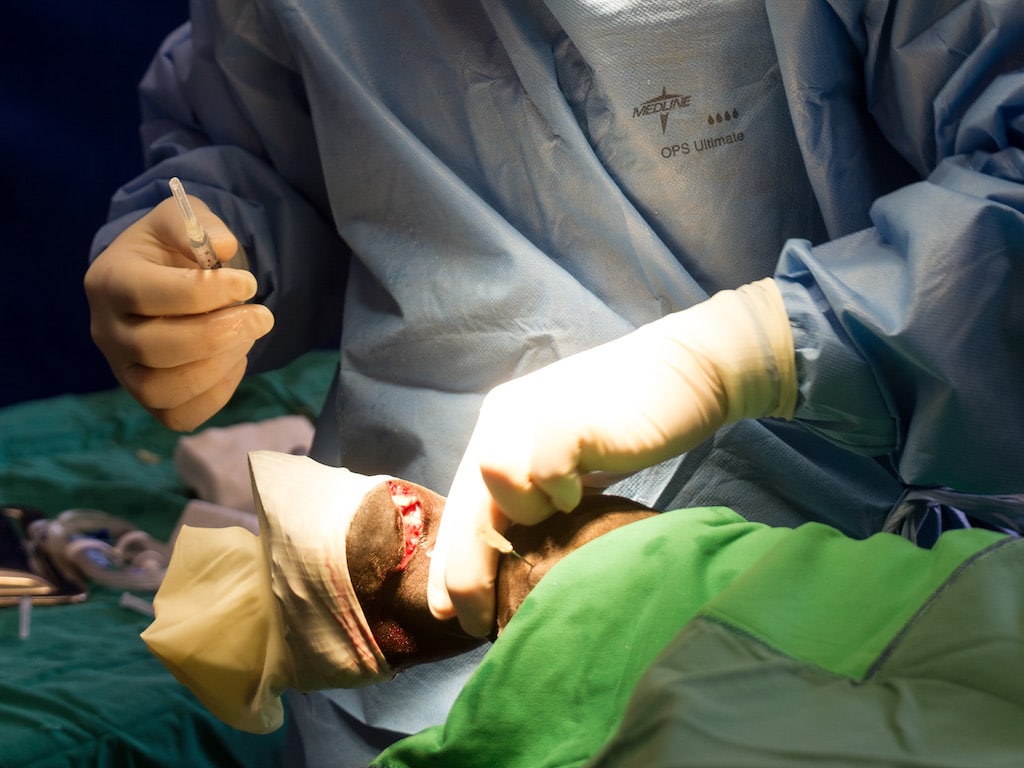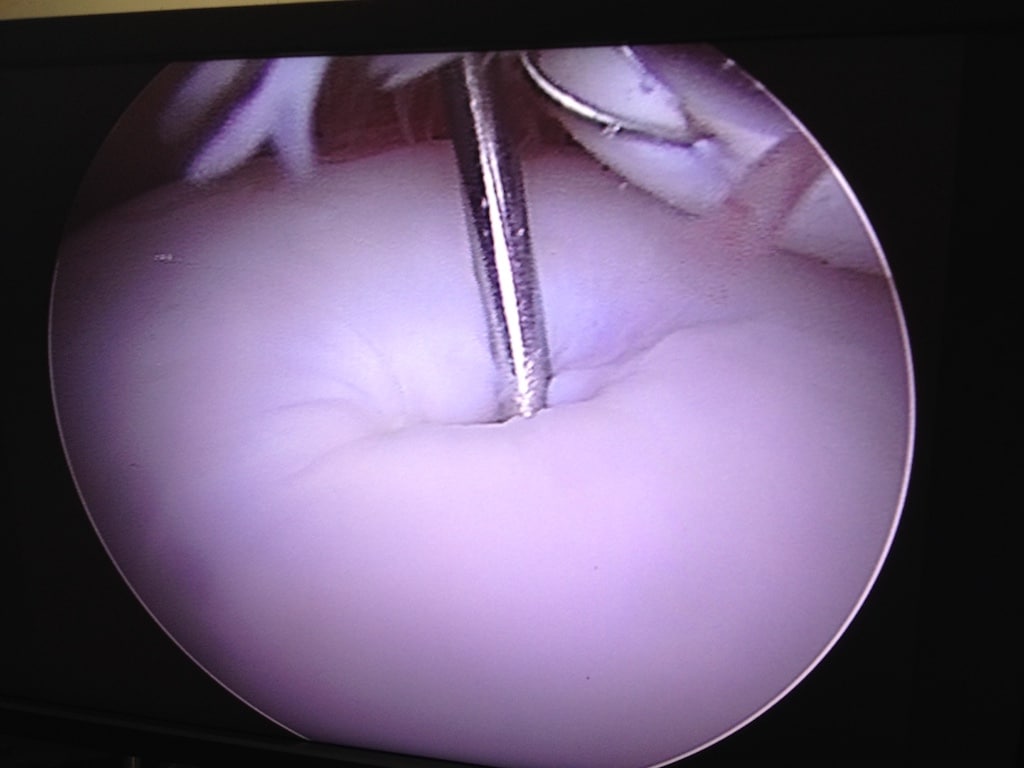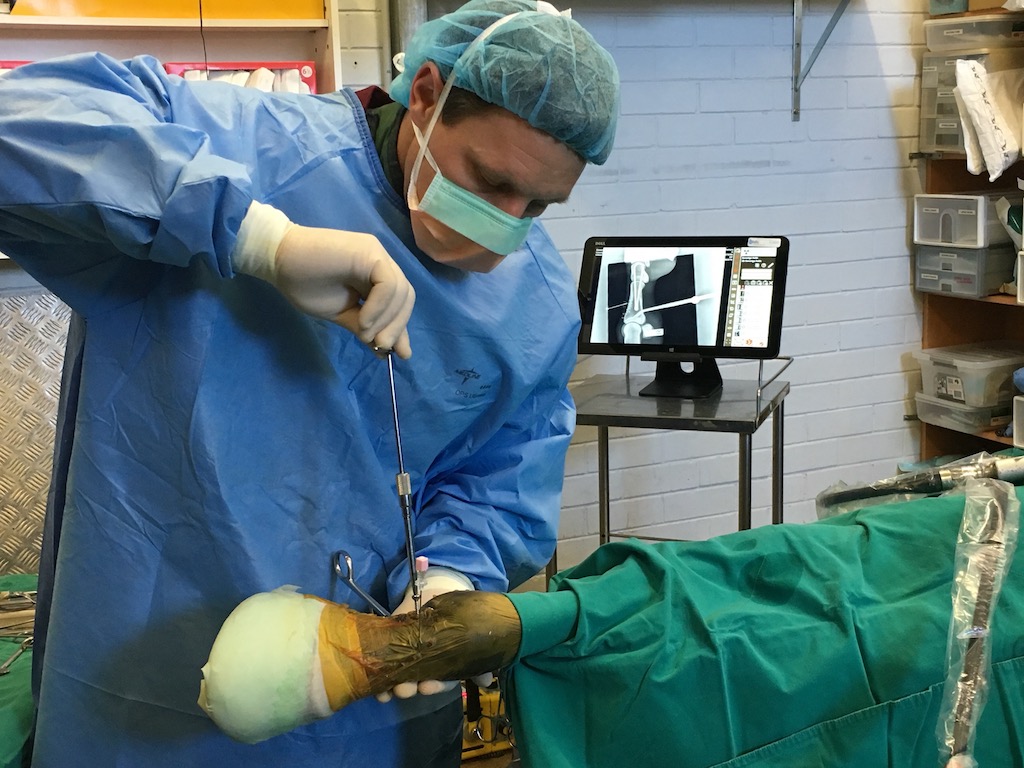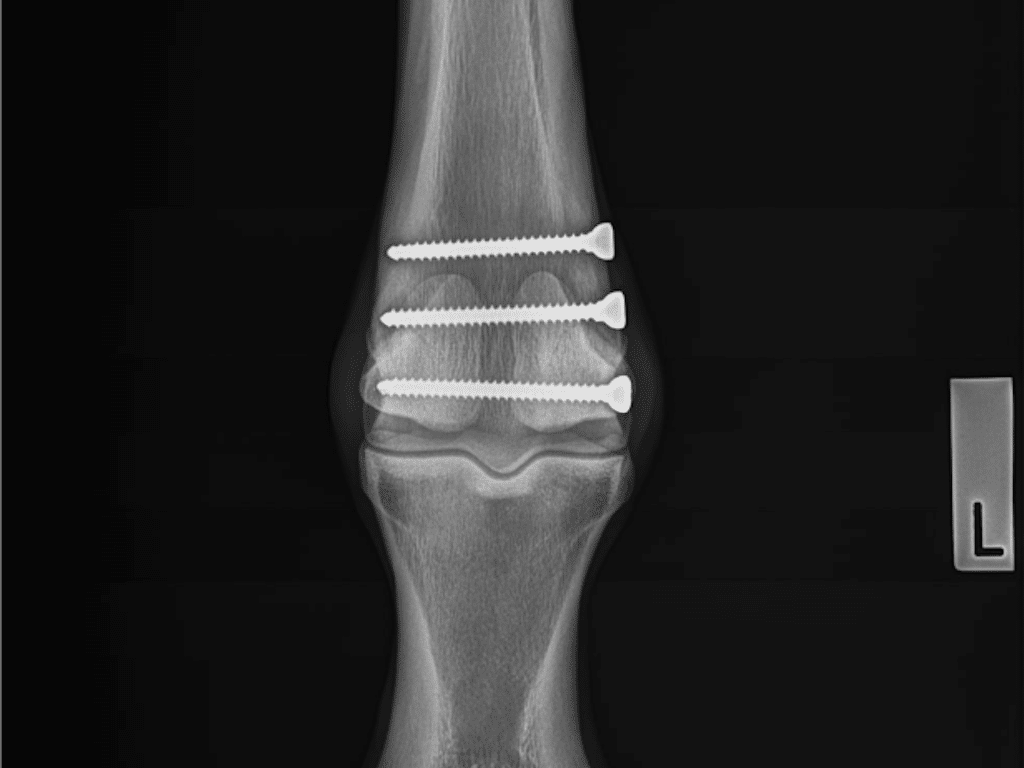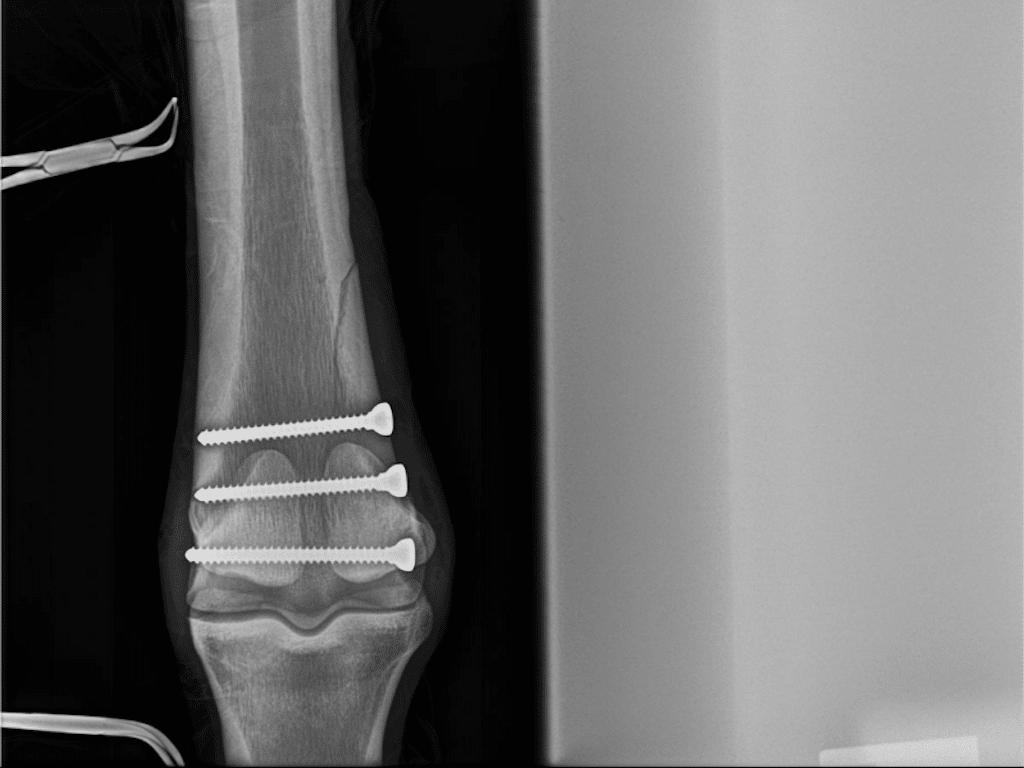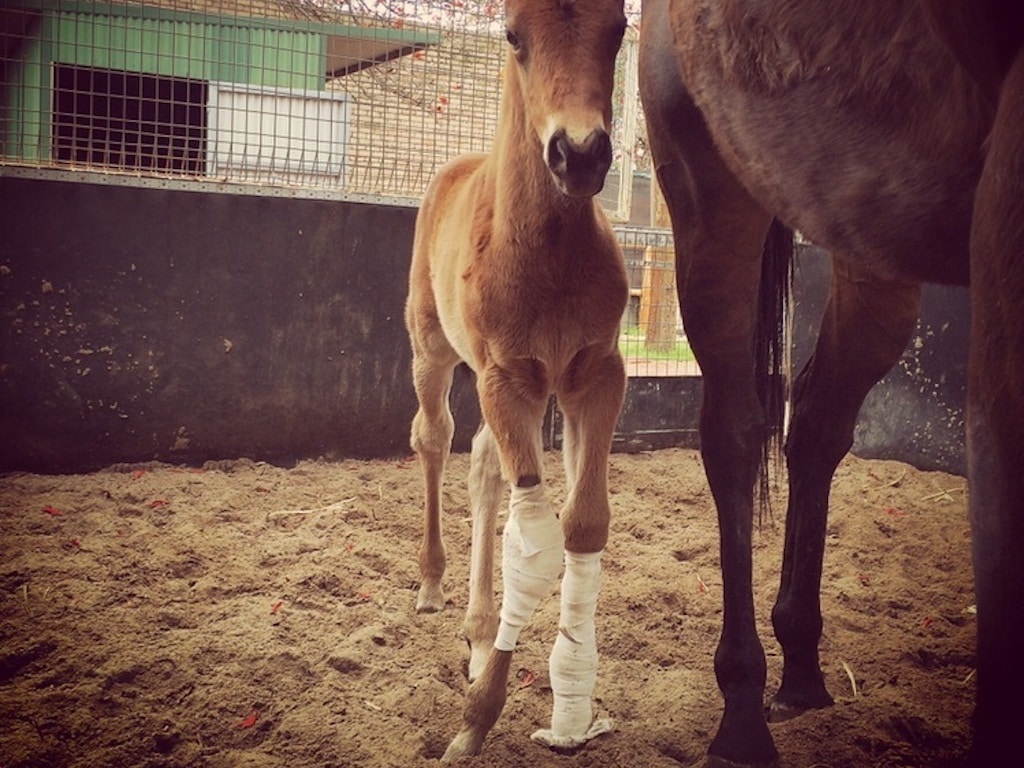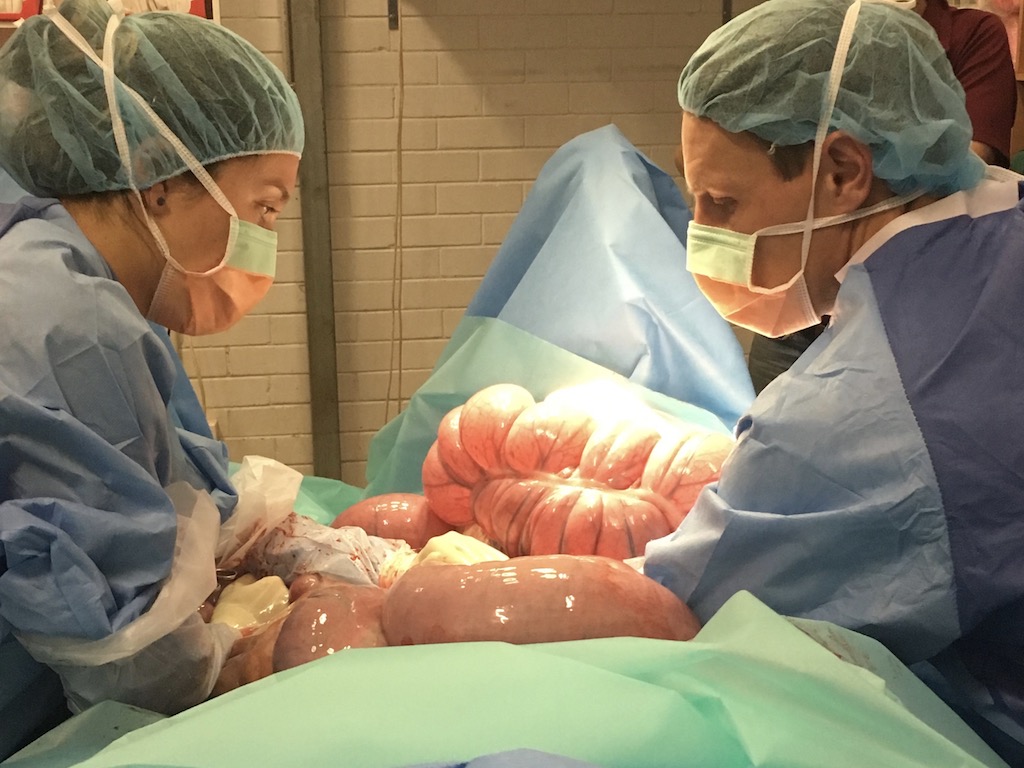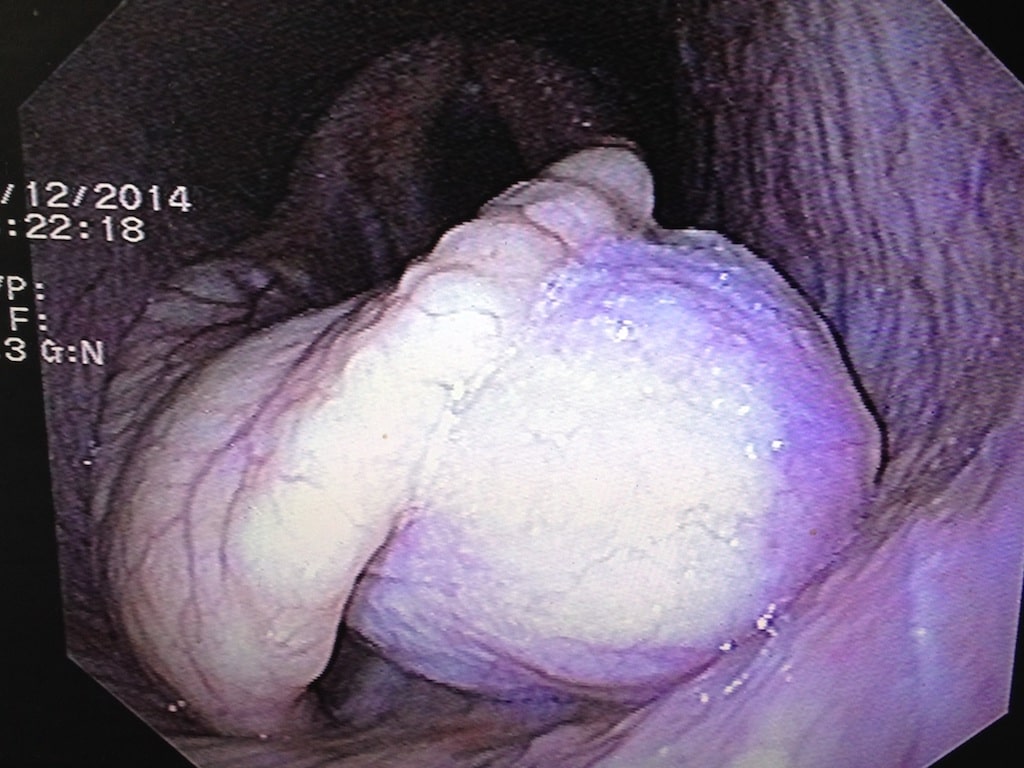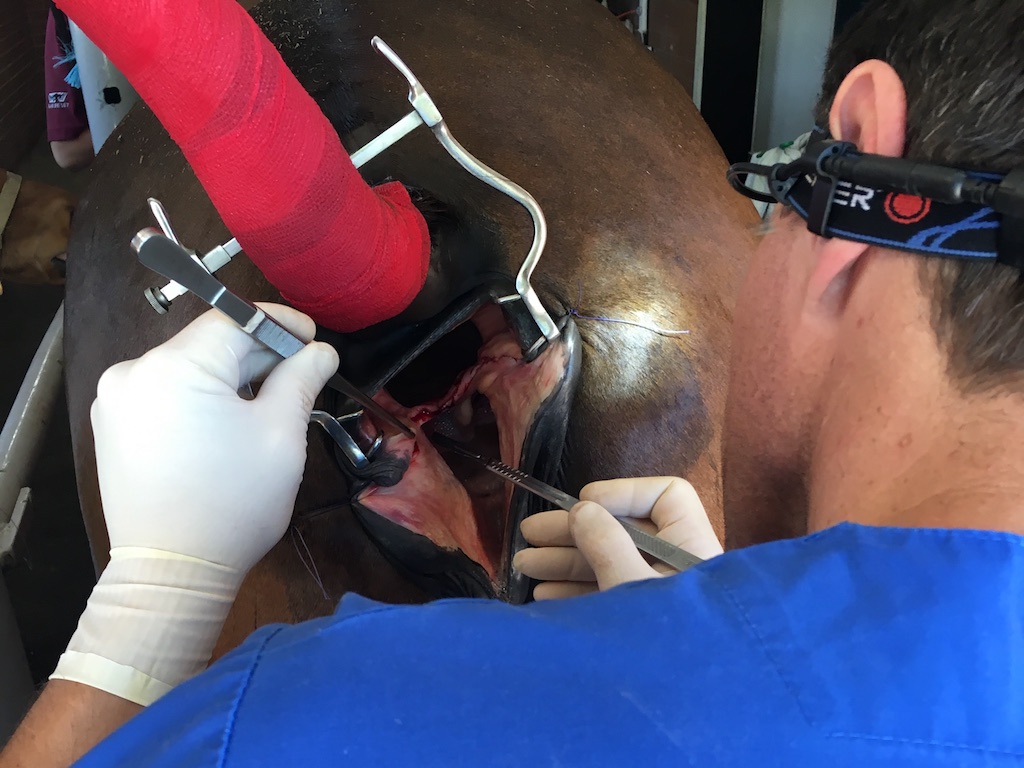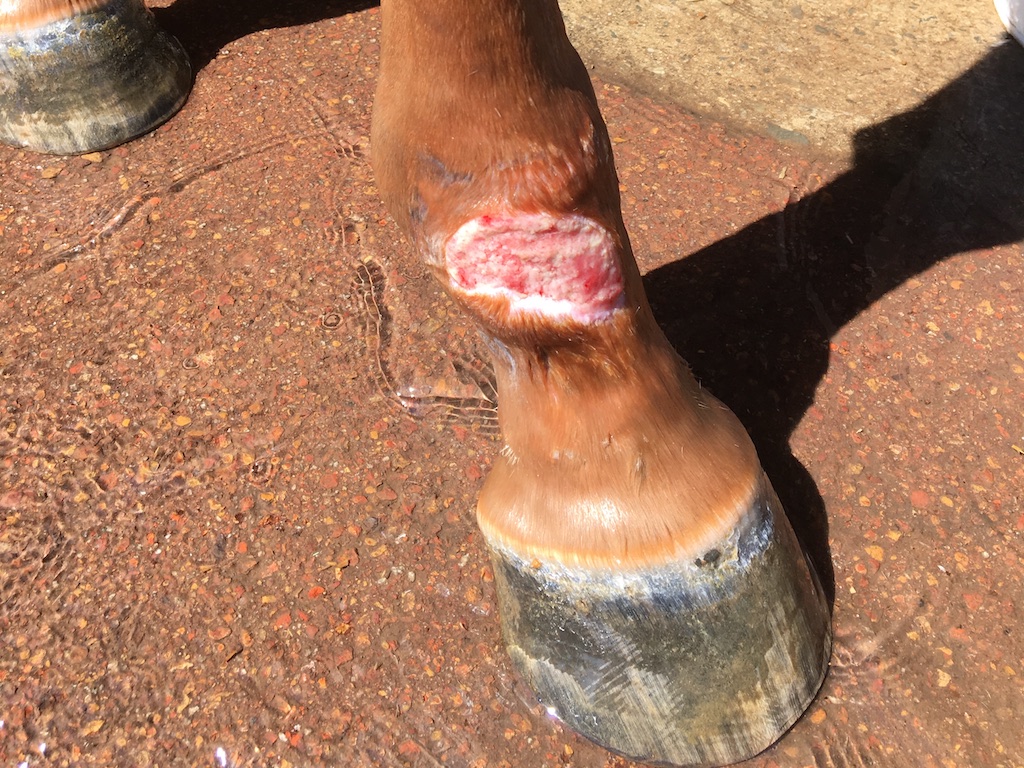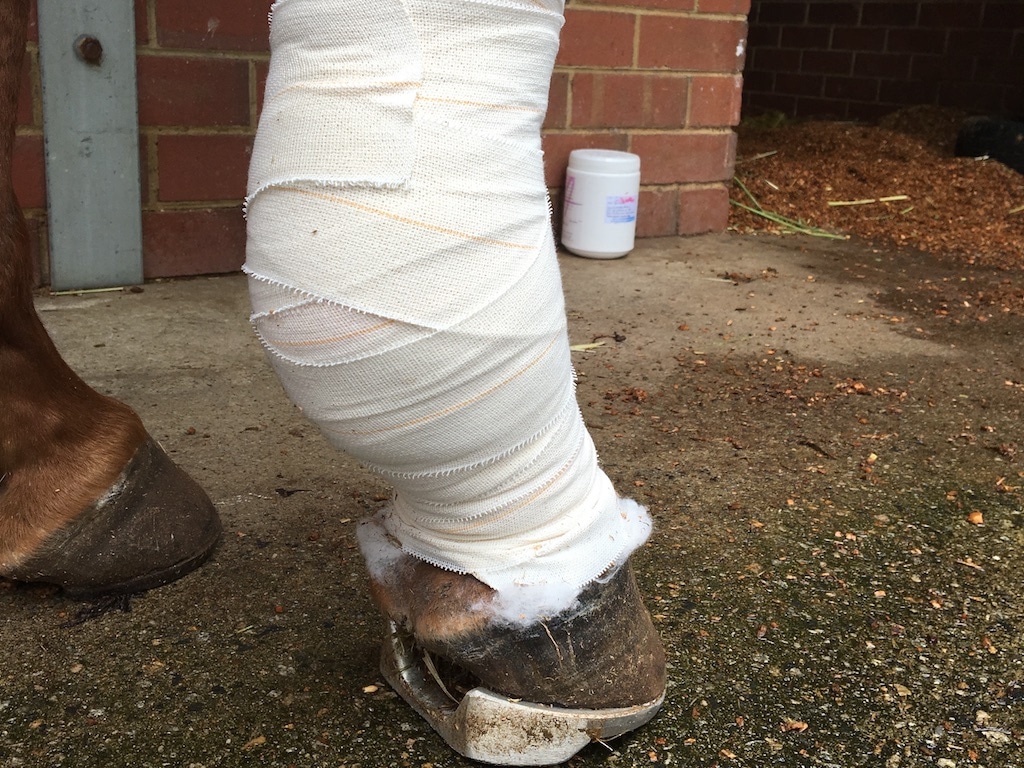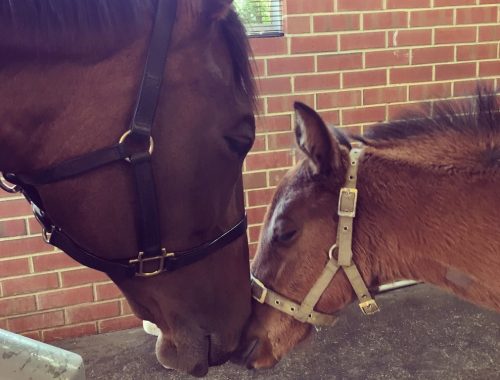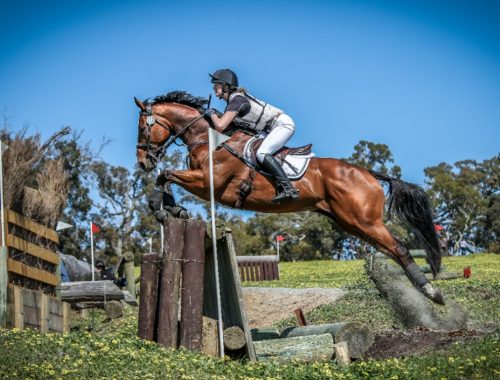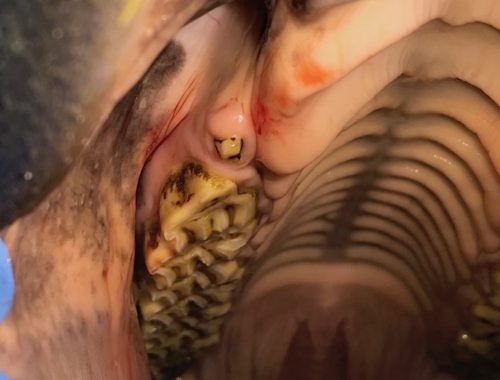At Ascot Equine Veterinarians, our surgical team is led by two registered specialists in equine surgery: Dr Peter Harding, a Diplomat of the American College of Veterinary Surgeons, and Dr Danielle Crosby, a Diplomat of the European College of Veterinary Surgeons. Both Dr Harding and Dr Crosby are highly skilled in providing comprehensive surgical care for a range of emergency and elective procedures. Our team is available 24 hours a day for emergency cases, ensuring your horse receives expert care whenever it’s needed.
The surgery facility includes an operating theatre and two padded recovery rooms, with an overhead hoist system to safely transport horses between the recovery area and the theatre. We also offer standing surgery, where appropriate, allowing procedures such as sinus surgery, laparoscopic abdominal surgery and reproductive tract surgery to be performed with the horse standing, under sedation and local anaesthesia.
We regularly perform a variety of emergency and elective surgeries, including:
- orthopaedic surgery
- colic surgery
- laparoscopy
- respiratory, sinus and dental surgery
- urogenital surgery
- wound repair
With a focus on both patient safety and optimal outcome, our team combines years of experience with cutting-edge technology to deliver the highest standard of care for your horse.




